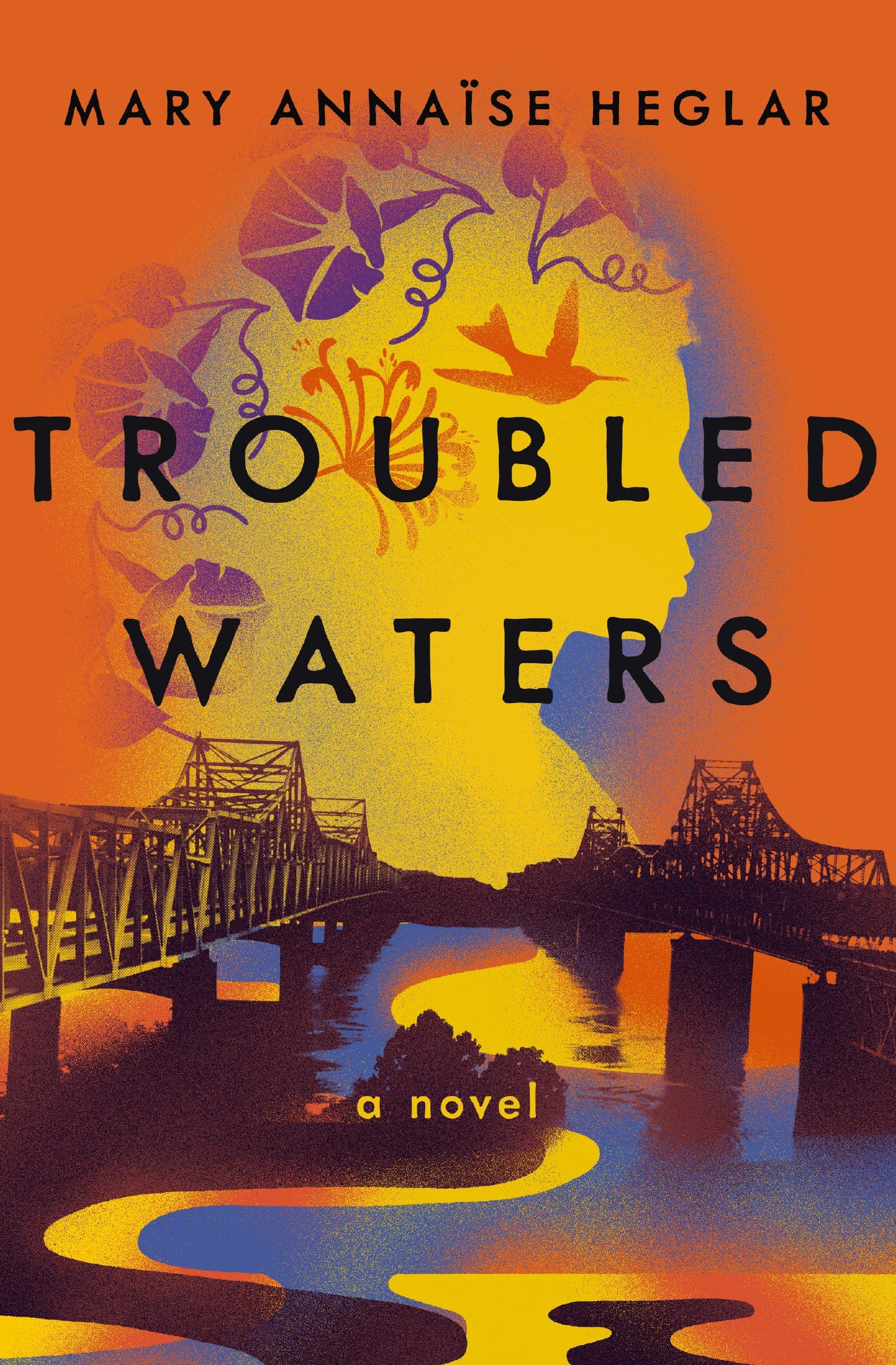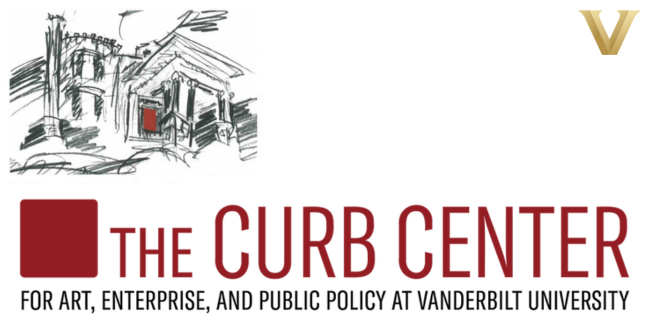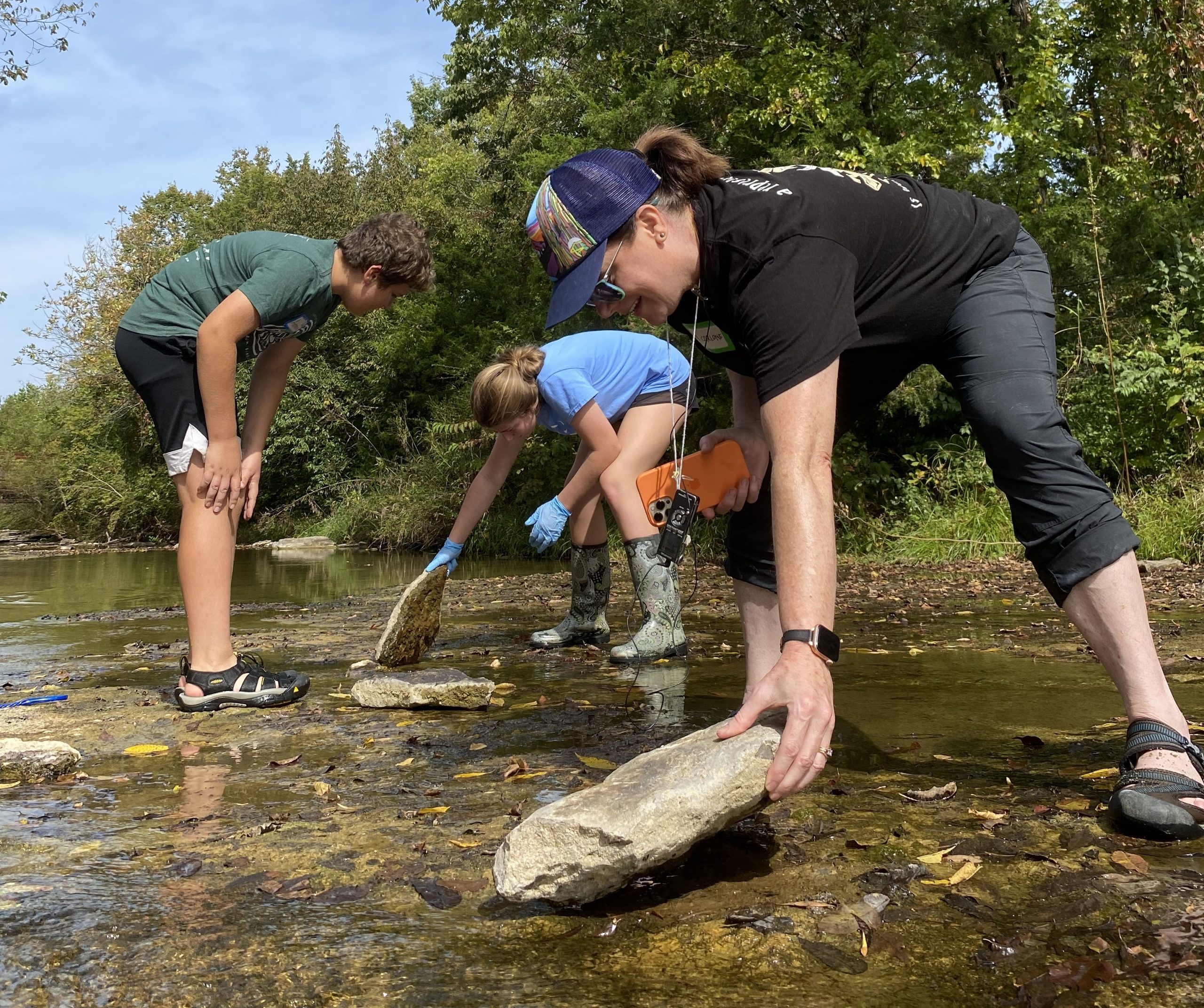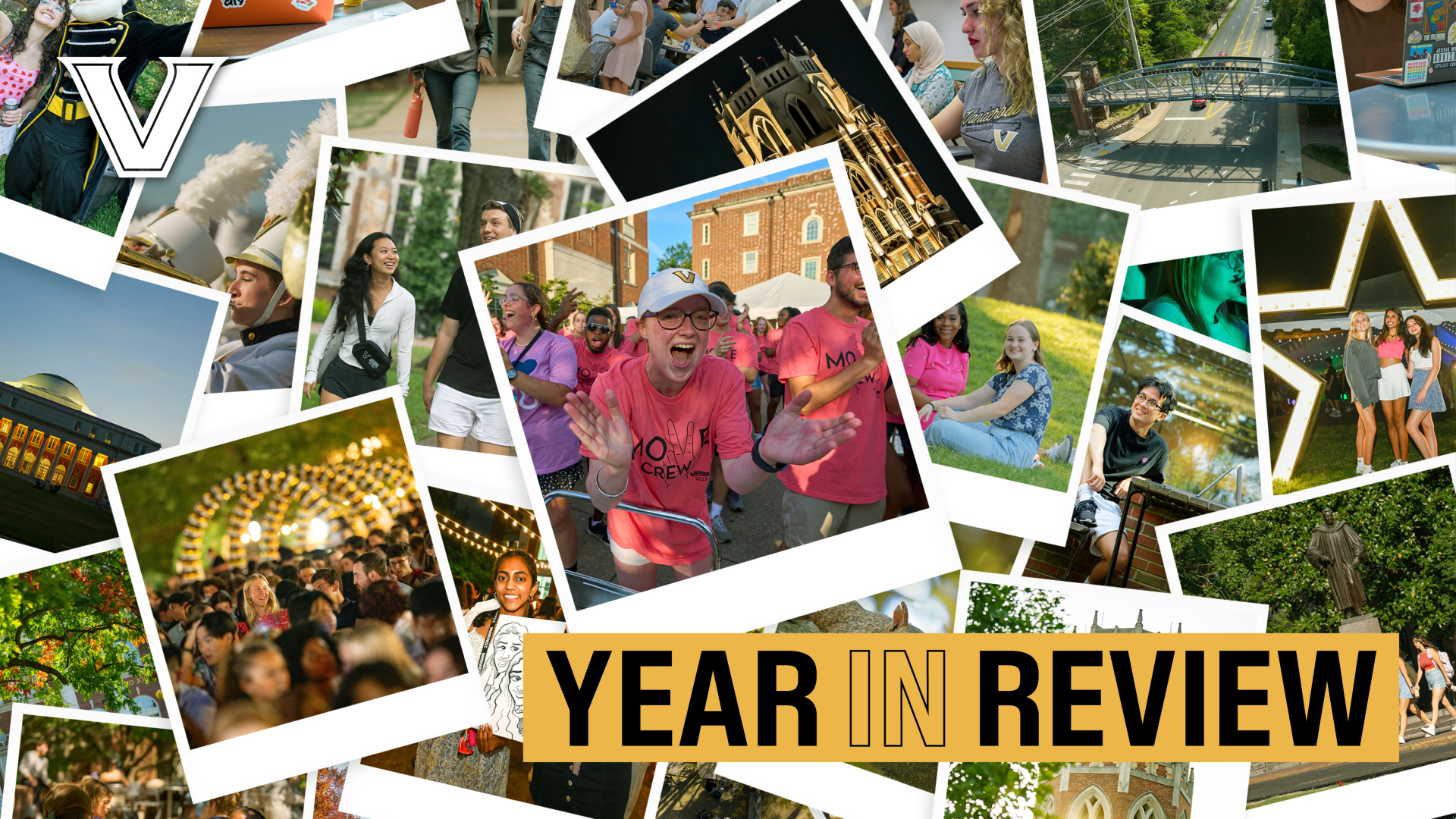Most conversations about the climate crisis revolve around the science and policy considerations about how to mitigate them. But what if the stories we tell about our changing climate are just as important to those plans as science and its policy ramifications?
Writers, artists and scholars of the environmental humanities have opened a parallel discussion about climate change—one that examines not just what the climate crisis is, but how it feels—that has grown steadily louder.
A leading voice in this discourse is Mary Annaïse Heglar, whose work uses storytelling in fiction and nonfiction to depict the emotional landscape of the climate crisis as a necessary step toward action and justice. Heglar will offer a public lecture at Vanderbilt at 4:15 p.m. on Tuesday, Feb. 20, to kick off the Vanderbilt Eco-Grief Initiative, a yearlong interdisciplinary project that will use art to illustrate the emotions evoked by living through climate change.
The Eco-Grief Initiative emerges from a recognition that contemplating the climate crisis brings up challenging emotions: anxiety, fear, denial, depression and anger, among others. Often, the undercurrent of these emotions is grief—a profound sadness for what we have lost and a mourning for a future that no longer seems available to us in a warming world.

Through her essays, podcasts and forthcoming books, Heglar argues that storytelling is key to naming and healing the trauma of living through the climate crisis. She posits that grief is not a weakness to be overcome but a necessary step toward understanding and action. As she puts it, “We can’t create a new world unless we mourn the old one.” Her lecture, “The Highs and Lows of Climate Grief,” will offer reflections on the language we use to describe the emotional impact of climate change and what it means to grieve what we have lost.
After the lecture, Heglar will engage in conversation with Teresa Goddu, professor of English, whose research and teaching focus on contemporary climate fiction of the United States. “Heglar’s writing is a salve for our climate grief,
Goddu said, “a guide for how to tend to ourselves and each other as we work together to create planetary change.”
Before the lecture, Heglar’s writing workshop, “Processing Eco-Grief,” will guide students through articulating their own stories as a way to engage with climate grief.
Heglar’s visit accompanies a campuswide inquiry into storytelling as a tool for examining the climate crisis already happening at Vanderbilt.
The Environmental Humanities Seminar at the Robert Penn Warren Center for the Humanities considers interdisciplinary approaches to the research and communication of the climate crisis. The seminar provides a forum for the Vanderbilt community to consider the history and culture of ecological sensibility, climate change and environmental justice through talks, films, reading groups and invited speakers.
Bringing climate storytelling from the Vanderbilt campus to a global audience is the Art of Interference podcast, which explores creative responses to climate change through interviews with contemporary artists, climate scientists and philosophers. Professor Lutz Koepnick leads a team of faculty and graduate students in producing this podcast, which investigates a different thematic element each season: the first season, Water, launched in fall 2023, and subsequent seasons will focus on Air, Earth and Fire.
In addition to research initiatives, many faculty are featuring climate storytelling in their teaching as part of Vanderbilt’s new Climate Studies major. Postdoctoral fellow Anna Hill is teaching a first-year writing seminar, Imagining the Climate Crisis, which investigates how literature and the arts might aid in critically thinking about environmental crises and envisioning futures beyond them. Environmental journalist Amanda Little, writer-in-residence in English and CSET, teaches several advanced writing courses, including Investigative Environmental Journalism: Stories of Environmental Crisis and Innovative Breakthrough.
Across disciplines—from history to religious studies to literature—students at Vanderbilt have an array of curricular opportunities to consider storytelling as an integral element of how to live and learn through climate change.
As the Vanderbilt Eco-Grief Initiative continues this year, the Department of Theatre will produce short plays written by Gina Femia, Kristin Idaszak, Reynaldo Piniella and Jaymes Sanchez for the Eco-Grief Performance Project and Commission. This project examines how telling stories through performance might provide insight into the complex emotions accompanying climate change. The plays will be produced using sustainable materials and methods, demonstrating that artistic engagement with the climate crisis can occur through medium as well as message.
“As the climate crisis becomes an observable and present reality, artists are exploring its many facets, including its disparate impacts on different communities, feelings of despair and glimmers of hope,” said Leah Lowe, director of the Curb Center and professor of theatre. “I am thrilled that these four talented playwrights are working with the Vanderbilt community to navigate the human dimensions of the environment we are living in.”
Storytelling—about the past, present and possible futures of our changing climate—helps acknowledge that the climate crisis is not only a scientific issue, but also an affective and deeply personal one.
Such storytelling provides a container for the range of our earth-related emotions, including the grief that has become increasingly familiar in recent years. “Climate grief is not an illness to cure, it is a condition we all have to live with,” Heglar writes. “But then again,” she adds, “isn’t all grief?”


